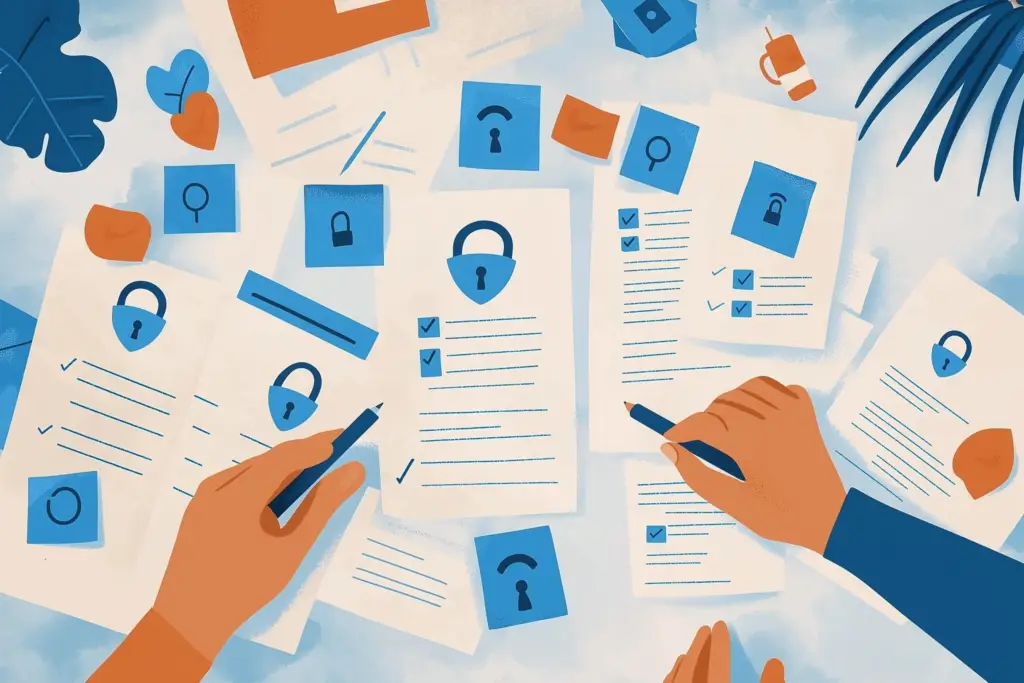Scam Red Flags: A Guide For Family Members

The Scam Red Flags Checklist: A practical guide to help family members identify potential security concerns affecting seniors without overreacting to normal changes.
A Practical Guide to Supporting Scam Victims

This article provides guidance on supporting seniors through the aftermath of security incidents—from immediate response through long-term recovery—while preserving their autonomy and dignity. The goal isn’t just to recover from the current situation but to create greater resilience for the future.
7 Conversation Starters That Make Digital Security Easy to Discuss With Seniors

You want to help, but the conversation quickly turns awkward. They feel judged, you feel frustrated, and suddenly what started as concern becomes a tense situation that ends with, “I’m not completely helpless, you know.”
That’s why we created our Security Conversation Starters guide—because protecting the older adults in our lives starts with better communication.
Creating Security Plans With Seniors Not For Them

Janet wanted to protect her 76-year-old father from online scams after he received several suspicious emails. Her first instinct? Take control—change his passwords, install monitoring software, and restrict his online activities. But something held her back. She knew that approach might damage their relationship and her father’s sense of independence.
How to Build Security Skills in Older Adults, Without Taking Over

“Let me just do it for you—it’ll be faster.”
These words slip out so easily when helping seniors with technology security. However, this approach creates a problematic cycle. While fixing the immediate issue, it prevents older adults from developing their own skills. Consequently, they remain dependent on your help for future security concerns.
Discussing Online Security with Older Adults: Scripts That Actually Work

Discussing Online Security with Older Adults: Scripts That Actually Work Security Conversations 9 Minute Read March 18, 2025 Listen to the article: Your browser does not support the audio tag. Introduction “I just want to help keep you safe online,” Sarah told her father. “I’ve been using computers since before you were born,” he replied […]
Why Security Conversations with Seniors Can Be Challenging (And How to Improve Them)

Maria wanted to help her 78-year-old father protect himself from online scams after he nearly fell victim to a Medicare fraud scheme. But when she brought up the topic, his response surprised her: “I’ve been managing my affairs for decades. I don’t need my daughter telling me how to use a computer.” Her well-intentioned conversation had immediately hit a wall of resistance.
This scenario plays out in countless families. Conversations about digital security, scam prevention, and online safety often become unexpectedly charged when discussing them with older adults we care about. What begins as an attempt to help can quickly transform into a tense exchange that leaves both parties frustrated and the underlying security concerns unaddressed.
